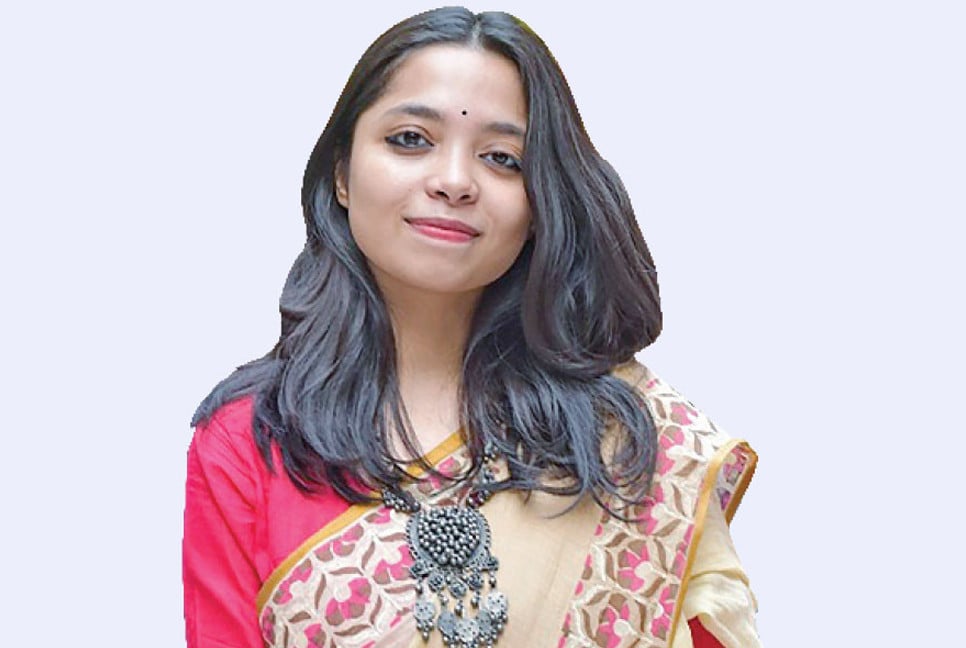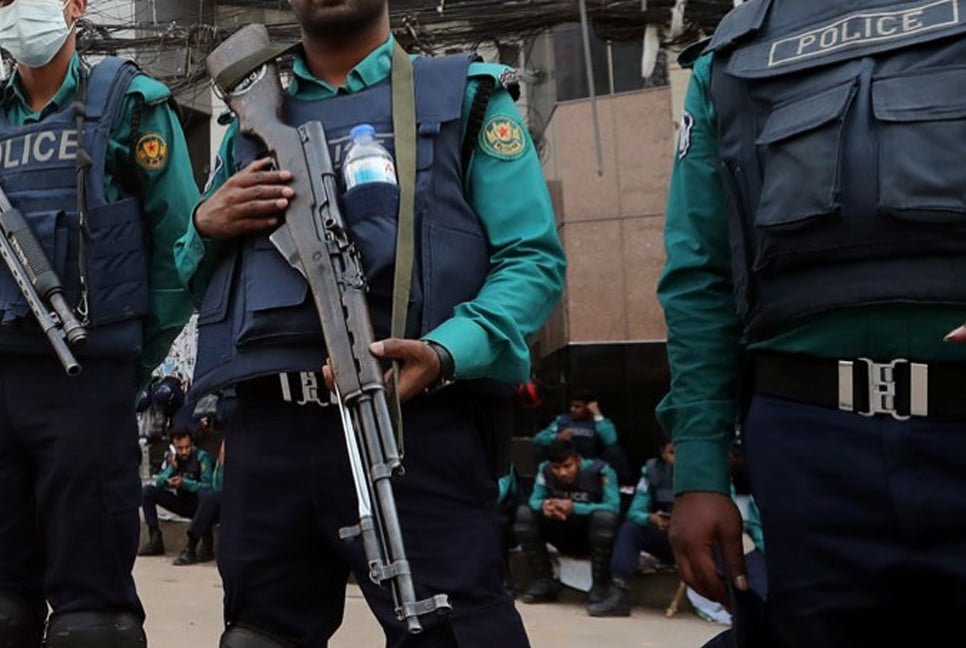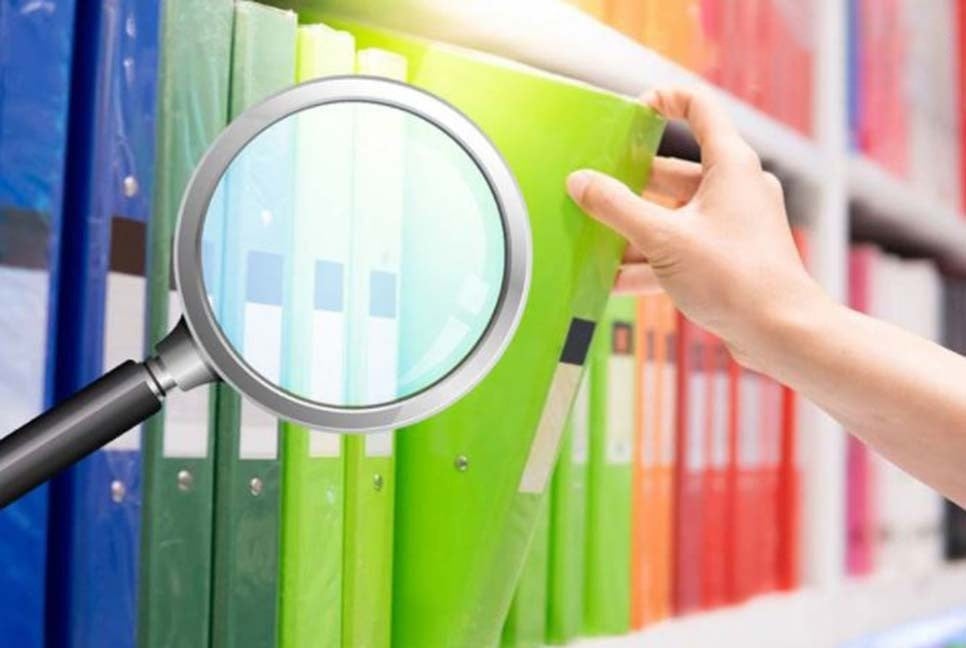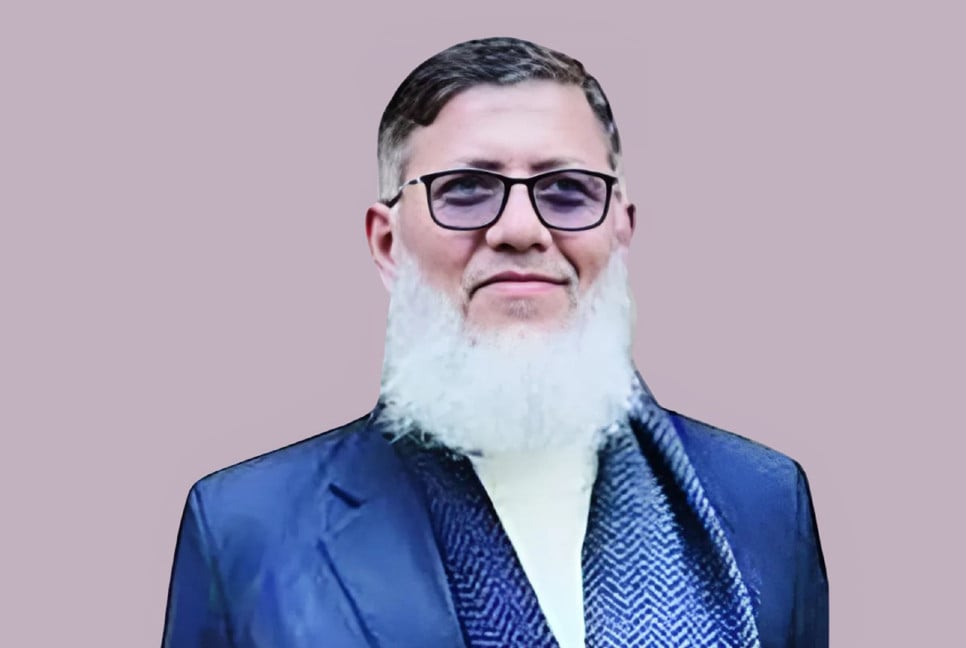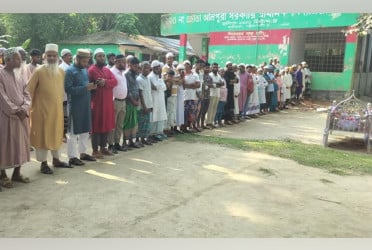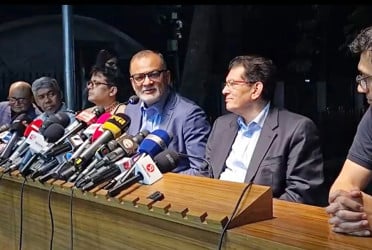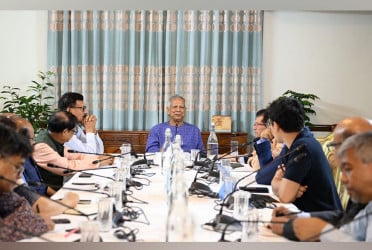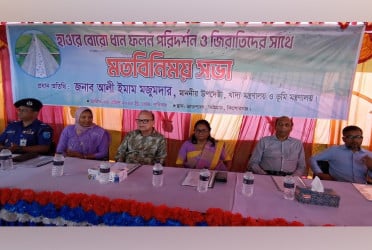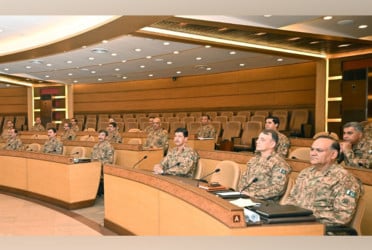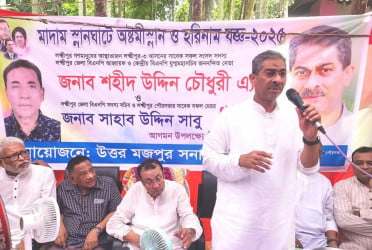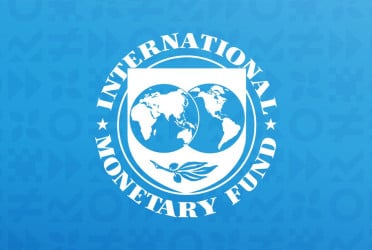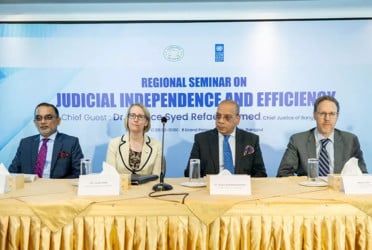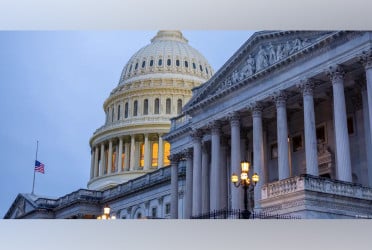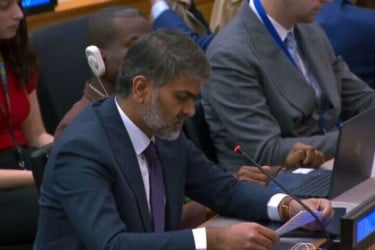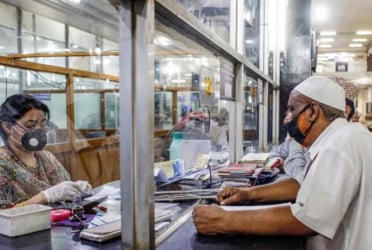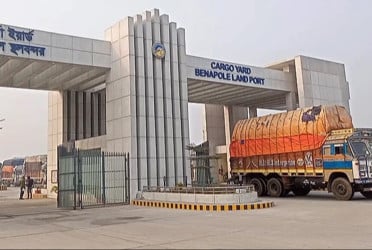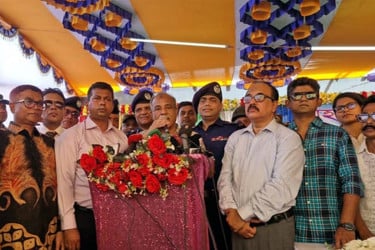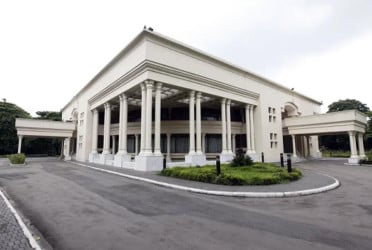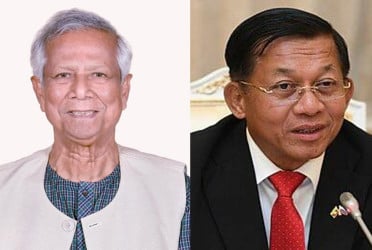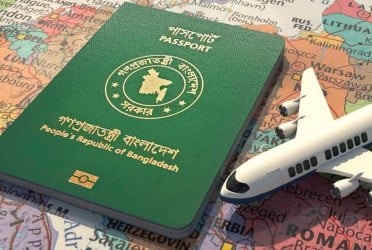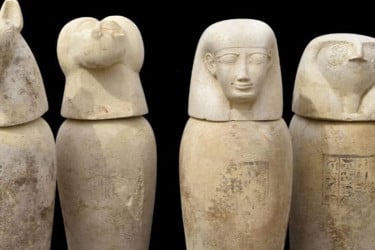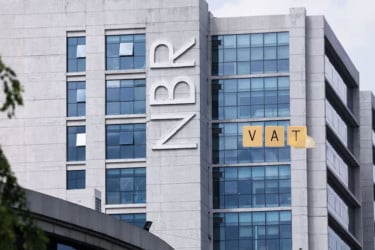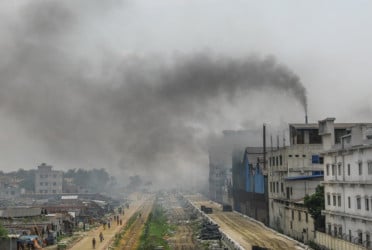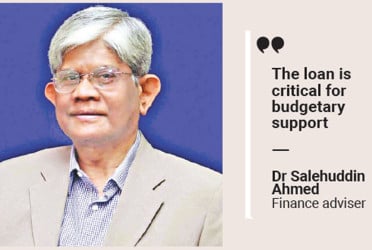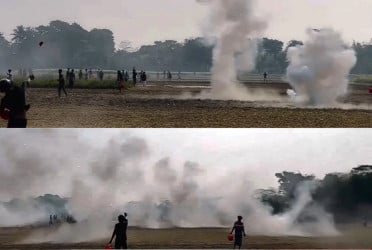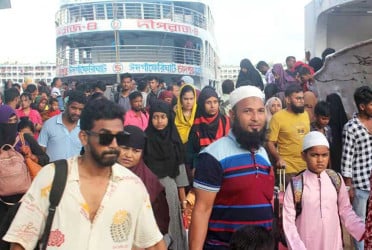Ensuring reform was one of the key demands of the July-August uprising. If we look at the post-independence reform initiatives, the record is not bright with regime changes occurring repeatedly in an unstable manner, including in 1991, 1996. The goals of each of these violent political shakeups were to reform the state, but the same loopholes remained time and again.
Although the movement of 2024 seems to be a mass movement, the political parties responded to it in line with their electoral strategy and, have clarified their positions accordingly.
If these parties do not resolve the previous problems and repeat the previous questionable practices after winning the next general elections and forming the government, a power vacuum will be created between the people and the government, which may lead to a repeat of the 2024 mass uprising. State instability due to persistent mistrust will be a major obstacle to reforms if the previous problems are not addressed.
In 1996, a caretaker government system was established as per the demand of the people to ensure a fair parliamentary election. After 2001, the ruling parties took a stand against this system. The caretaker government system was later abolished in 2011 by the Awami League through the 15th Amendment.
It is necessary to stop political interference in the functioning of the caretaker government and to continue this system in its permanent form, so that no political party can change or abolish it while in power. For the purpose, a strong legal framework and a caretaker government system based on political support must be established permanently to ensure fair and credible election in future.
It is vital to ensure transparency of the current interim government. It is also important to complete the activities of this government within a certain period. Besides, the government should not remain in power for a long time or should not be biased in any way.
In the last 53 years, democratic practices were not respected in Bangladesh and the state could not run as a full-fledged democratic state. Ruling parties have often undermined the foundations of democracy and limited the political activities and protection of opposition parties. The parties that are out of power do not get the opportunity to practice fair politics, as they are harassed with mass arrests and trumped up charges.
Every ruling party also targeted free press, thereby nearly monopolising state powers. As a result, the general people could not properly exercise their voting rights or safely voice opposition against unfair government activities.
Constituency based democratic practices allows candidates to expand authoritarian influence in their respective voting areas. Vote buying also undermines fairness of elections.
The “power hungry mentality” is not confined to politics or election procedures only, rather it has spread to all levels of the society. Even in universities, many students and teachers focus only on power and extortion, creating an unhealthy climate. A hanker after power and money has eroded ethical values in the society, leading to disintegration and overall fragility. To emerge from this cycle of crisis, it is imperative to build a sustainable atmosphere based on values and free from corruption.
The writer is an undergraduate student of the Department of Electrical and Computer Engineering at North South University (NSU).

